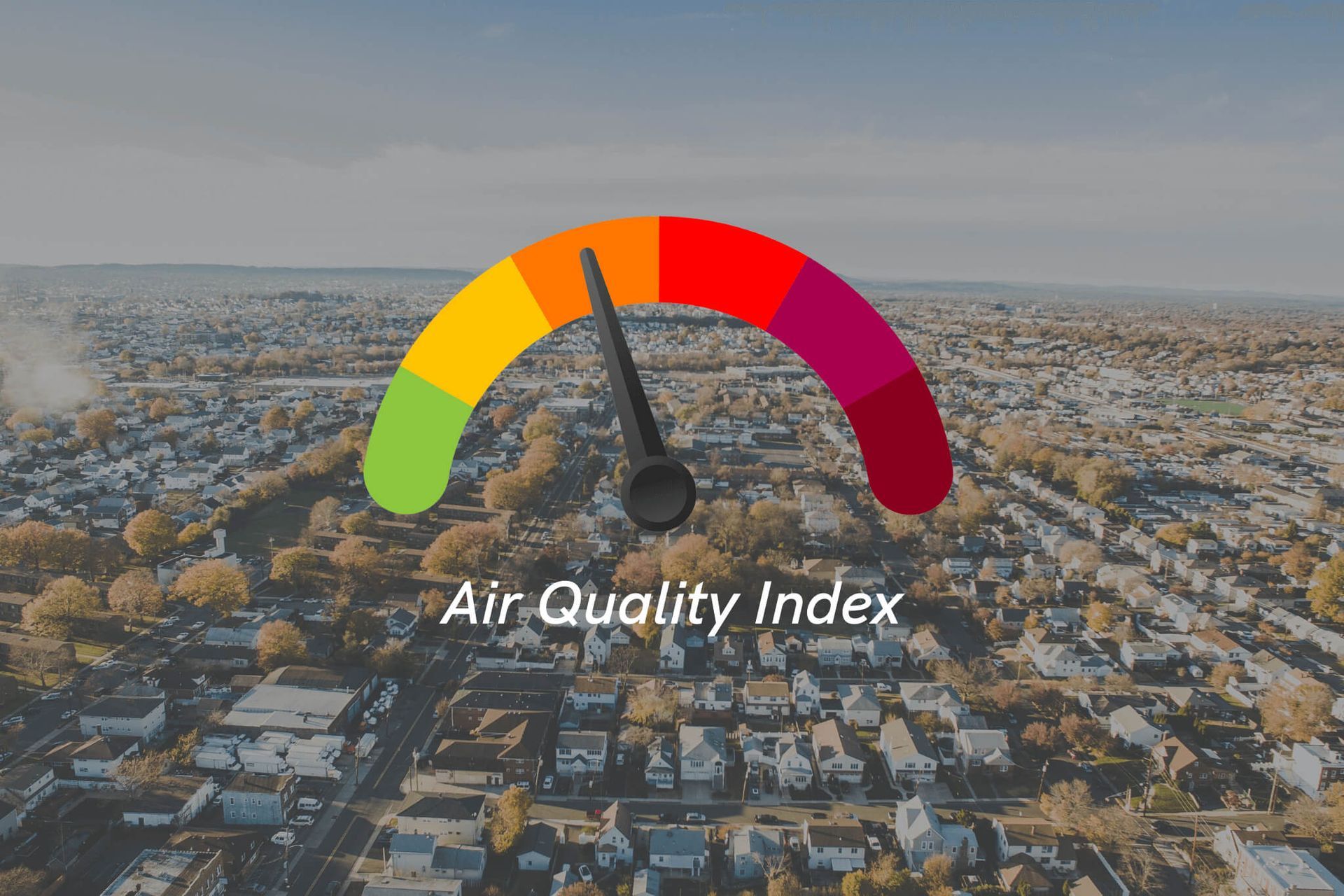How Does Spray Foam Insulation Contribute to Moisture Control in Mount Vernon Homes?
How Does Spray Foam Insulation Contribute to Moisture Control in Mount Vernon Homes?

1. Understanding Moisture Problems in Homes
Excess moisture in a home can come from several sources:
- Condensation due to temperature differences between indoor and outdoor air
- High humidity levels, especially in summer months
- Leaks from roofs, walls, or plumbing
- Poor ventilation, leading to trapped moisture
If left unchecked, moisture buildup can cause mold and mildew growth, wood rot, and decreased energy efficiency. That’s where spray foam insulation can make a difference.
2. How Spray Foam Insulation Controls Moisture
A. Creates an Airtight Seal
Unlike traditional insulation materials like fiberglass and cellulose, spray foam expands upon application, filling gaps and cracks. This air-sealing capability prevents humid air from entering your home, reducing the risk of condensation and mold growth.
B. Prevents Water Infiltration
- Closed-cell spray foam has a dense, rigid structure that makes it resistant to water
penetration.
- It acts as a moisture barrier, preventing rain, snow, and humidity from seeping into walls and attics.
C. Reduces Humidity Levels Indoors
By sealing air leaks, spray foam insulation helps regulate indoor humidity. When humid air is kept outside, your HVAC system doesn’t have to work as hard to dehumidify the air, leading to a more comfortable and healthier living environment.
D. Prevents Mold and Mildew Growth
Mold thrives in damp, poorly ventilated areas. Because spray foam blocks moisture entry and doesn’t provide a food source for mold (unlike organic materials like wood or fiberglass batts), it significantly reduces the risk of mold growth inside walls, attics, and crawl spaces.
3. Where to Apply Spray Foam Insulation for Moisture Control
A. Attics and Roofs
- Prevents humid air from entering and causing condensation on roof sheathing.
- Reduces ice dam formation in winter, which can lead to leaks.
B. Crawl Spaces and Basements
- Seals gaps where moisture can seep in from the ground.
- Prevents musty odors and mold in damp areas.
C. Walls and Gaps Around Windows/Doors
- Eliminates drafts and air leaks that can carry moisture inside.
Provides structural support while acting as a vapor barrier.
4. Additional Benefits of Spray Foam Insulation
- Energy Efficiency – Reduces heating and cooling costs by sealing gaps.
- Improved Indoor Air Quality – Blocks allergens, dust, and pollutants.
- Long-Lasting Protection – Unlike fiberglass, spray foam does not degrade over time.
5. Is Spray Foam Insulation Right for Your Mount Vernon Home?
If your home struggles with moisture problems, mold growth, or high humidity levels, spray foam insulation can be a game-changer. It not only protects your home from moisture damage but also improves energy efficiency and indoor air quality.
For best results, consider working with a professional insulation contractor to ensure proper installation and maximum moisture control benefits.








